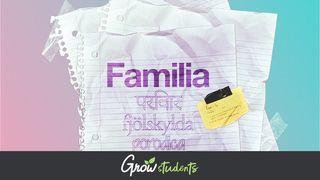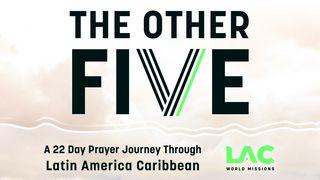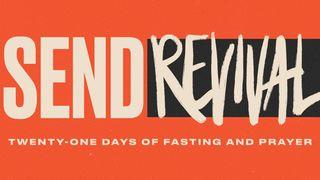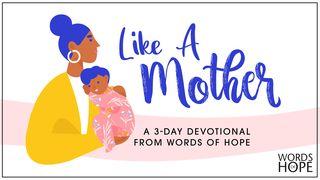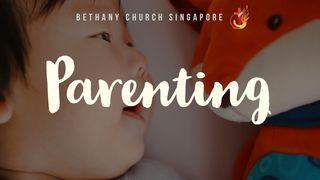Parenting Above FearSample
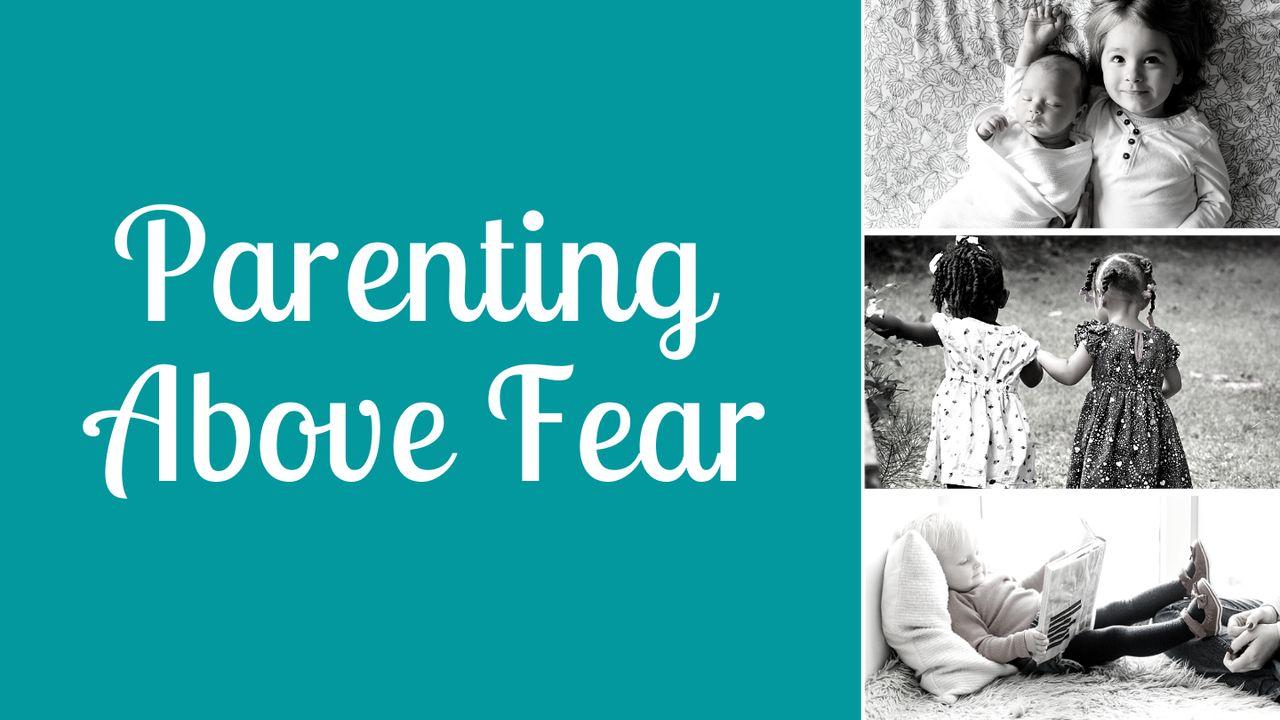
Questions to Reflect On:
What is my child afraid of?
What is my role as a parent?
Devotion
I believe a significant fear for any child is to lose the gaze of their first loves; their parent(s). They desire affirmation and continued reassurance that they are enjoyed and loved. Our relationships with our children should not be seen as a contract or transaction but as a covenant.
A contract is not relational but legal and is based on legal definitions such as ‘if you do this, then I will do this.’ It always includes a punishment section that delineates what will happen if you don’t do what you are expected. This will eventually create or exacerbate fear. You can identify that fear is present when a child won’t do anything unless they can do it perfectly. They are afraid of being a disappointment, afraid of looking stupid, fearful that taking no risk is safer than the punishment involved in failure...etc.
A covenant is completely different. It is a relationship with the commitment (even if only by one party at first, as is true in the case of parents and children) to never treat the ‘other’ as an enemy, but to attack anything that would hinder loving intimacy.
Within our role as guardians and parents to our children, we act as their guide toward developing self-control, which comes from the inside out. This means we do our best to impart wisdom and allow our children to experience the natural consequences of their actions while always having a safe place to land that radiates love. The hope is that they learn and discover their own internal wisdom and voice of the Holy Spirit who already lives within.
In contrast, punishment uses shame and fear to control unwanted behaviors. Punishment sounds like, “You are a liar.” Discipline sounds like, “You chose not to tell the truth, and telling the truth is important, here is why…” We have great power to aid our children’s growth when we lean into parenting in love. This takes courage and energy because we have to hold our hands open as they explore the world, only pulling them close when necessary.
To use fear as motivation is to reduce a relationship with your child to a contract, and employ rewards and punishments based on performance. When they trust in our steady love they will be able to test their limits because failing has been presented as information and adventure instead of life or death.
Verses to Meditate On
I John 4:18
There is NO fear in love; but perfect love casts out fear, because fear involves punishment, and the one who fears is not perfected in love.
2 Timothy 1:7
For God has not given us a spirit of fear and timidity, but of power, love, and self-discipline.
Including Kids in the Conversation
Ask your child what they fear or worry about. It may be simple or it may be complex, either way, listen with an open heart. When they are finished expressing anything that comes to mind read together, or put into your own words, 2 Timothy 1:7.
Uncertainty, which our world is full of, will create fear within our hearts if we are not given the opportunity to learn another way. When fear stops us from trying something new or facing a challenge we can remember that we have been promised the love of God which casts out fear, so when we experience fear we can remember that it is not from Him. We have a voice, or sometimes a feeling inside each of us that will tell us when we are not safe or when we should pause and ask for help. That is the voice of the Holy Spirit and it is there, not to create fear, but to create safety that comes from within.
It may be important at this point to have a conversation with your child(ren) about the difference between real and imagined fears, about wisdom and discernment. There are ways to learn how to navigate real fears (boundaries, creatively finding ways to make risk manageable). The goal is to empower your child to risk stepping outside of their safety zones, which they have done even in learning to walk, but to take that risk as part of excitement and curiosity.
Questions to Ask Your Kids
What sorts of things scare you?
Worry is like being afraid for a long time. Are you worried about anything?
What is something that scares you but you would still like to try?
Scripture
About this Plan

We know the words, “For God did not give us a spirit of fear or timidity” (2 Timothy 1:7), but living out that truth isn’t easy, especially when it comes to raising our children. In a world full of unknowns, how do we lean into the unknown while trusting that God is good and faithful and keeps His promises (Jeremiah 29:11)? He desires for us to live free from fear.
More
We would like to thank Tyndale House Publishers for providing this plan. For more information, please visit: http://www.tyndale.com
